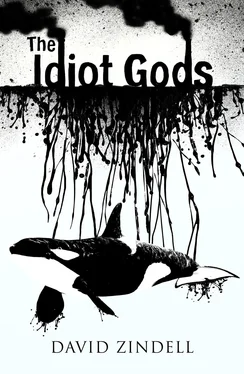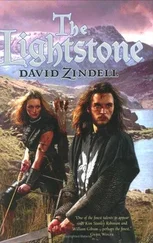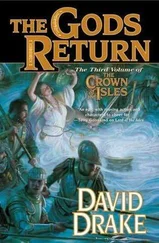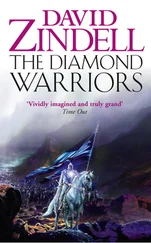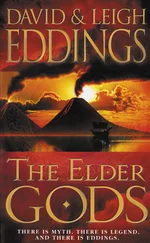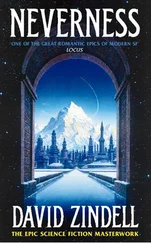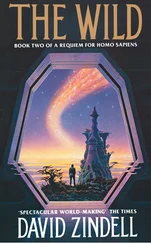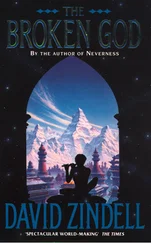In the vocalizations of all these many kellies, I began to pick out words that I had mastered. However, the meaning of their communications still largely eluded me. Even so, I memorized all that the kellies said, against the day that I might make sense of what still seemed like gobbledygook:
‘Bobo is back! Hey Lilly, he seems to like talking to you the best. Maybe you can use this for your college essay.’
‘Maybe I can sell the rights to all this, and they can make a movie.’
‘They say Bobo is the smartest orca anyone has ever seen.’
‘I hear he understands everything you say.’
‘Of course he’s trying to communicate with us, and he’s been getting more aggressive, too.’
‘Hey, Bobo, how does it work to mate with a whale?’
‘I’m going to play him some Radiohead. I hear he likes that.’
‘Do you just poop and pee in the water and swim through it?’
‘What do you think Bobo – is there a God?’
‘They’re saying Bobo might hurt someone or injure himself, so they might have to capture him and sell him to Sea Circus.’
‘I love Bobo, and I know he loves me.’
‘If he’s so smart, how come he can’t speak a single word of English?’
How frustrated I was! Not only did I fail to form a single human word, I could not make a single human understand the simplest orca word for water. Upon considering the problem, I realized that much of my success in recognizing the few human words I had been taught lay in the curious power of the human hand. If the humans had not been able to touch or stroke the various objects they presented to me, how would I ever have learned their names?
With this in mind, I broadened my strategy of instructing the humans in the basics of orca speech. I opened my mouth and put tongue to teeth in order to indicate the part of the body that I then named. As well, I licked a human hand and said, ‘Tentacle,’ and with a beat of my flukes I flicked a salmon into one of their boats and said, ‘Fish.’ When that did not avail, I took to nudging various things with my head and calling out sounds that I desperately wished the humans might understand: Driftwood; kelp; sandbar; clam shell. Sadly, the humans still seemed unable to grasp the meaning of what I said – or even that I was trying to teach them.
One gray morning when the sea had calmed and flattened out like the silvery-clear glass that the humans made, I came upon a small boat gliding across the bay. Quiet it was, nearly as quiet as a stealth whale stalking a seal. A lone human male dipped a double-bladed splinter of wood into the water in rhythmic strokes. A violet and green shell of excrescence encased his head. I expected his boat to be made of one of this material’s many manifestations, but when I zanged the boat, I found it was made of skin stretched over a wooden skeleton. I swam in close to make the male’s acquaintance.
‘Hello, brave human, my name is Arjuna.’ I often thought of the humans as brave, for what other land animal who swims so poorly ventures out into the ocean – and alone at that? ‘What are you called?’
This male, however, unlike most humans, remained as quiet as his boat. I came up out of the water, the better to look at him. I liked his black eyes, nearly as large and liquid and full of light as my mother’s eyes. I liked it that he sat within a skin boat. I grew so weary of listening to the echoes of excrescence, which it seemed the humans called plastic.
‘Skin,’ I called out, touching my face to the body of his boat. ‘Your boat is covered with skin, as am I, as are you!’
I did not really think I could teach him this word, any more than I had been able to teach other humans other words. Having been thwarted so many times in my increasingly desperate need to communicate, I pursued accord with this male too strenuously. My pent-up desire to teach one human one orca sound impelled me to nudge the boat as I might one of my own family. It surprised me how insubstantial the boat proved to be. I looked on in dismay as the boat flipped over like a leaf tossed by a wave.
‘Hold your breath!’ I called to the human suspended upside down beneath the boat.
Although I assumed the human must know that he would drown if he breathed water, I could not be sure. I dove beneath the water to help him.
‘Hold onto me!’
I found the male beating his stick through the water. It would have been an easy thing for him to have grasped my fin or tail so that I could pull him around through the gelid sea to return him to the air. Instead, he began beating his stick at me. He thrashed about like a frightened fish. Silver bubbles churned the water. I caught the sound of the human’s heart beating as quickly as a bird’s wings. Through the froth and the fury of the human’s struggle, I gazed at his glorious eyes, grown dark and jumping with a dread of death. Now he did not seem so brave.
‘Wait, wait, wait!’ I told him. ‘I will save you!’
I pressed my head against his side; as gently as I could, I used my much greater substance to move his slight body around and up through the water. This had the effect of turning the boat still attached to him. A moment later, the human breached and choked in a great lungful of air. Water streamed from his face and from the blue plastic skin encasing him. He coughed and sputtered out a spray of spit, for he had sucked water into his blowhole.
After a while, his coughing subsided. His belly, though, tensed up as tight as the skin that covered his little boat. And he called out to me: ‘Goddamned whale! Why can’t you leave us alone?’
Why could I not speak with the humans, I wondered as I swam off in dismay? Through days of clouds and dark nights, I swam back and forth across the bay pondering this problem. I dove deep into the inky waters, believing that if I did so, I might somehow zang how I might talk to the humans – and how, indeed, I might sound the much deeper mystery of how anything spoke with anything at all. What was language, really? For the humans, it seemed nothing more than an arbitrary set of sounds that they attached like so many barnacles to various people, objects, and ideas. From where did these sounds, though, come? What principle or passion ordered them? Could it be, as I very much wanted it to be, that the human language had a deeper structure and intelligence that I could not quite perceive? And that a higher and secret language engendered all the utterances of every individual or every species in the world? And not just of our world, Ocean, but of other worlds such as Agathange, Simoom, and Scutarix? Might there not be, at the very bottom of things, concordant and melodious, a single and universal language through which all beings could communicate?
I felt sure that they must be. One evening, as I lay in deep meditation beneath many fathoms of cold water, it came to me with all the suddenness of a bubble bursting that my approach to speaking with the humans had been all wrong. Before trying to teach them the rudiments of orca speech, which their lips, tongues, and other vocal apparatus might not be able to duplicate, might it not be possible to share with them the impulse beneath language, even as they had shared their musics with me? Yes, I decided, it would be possible. And, yes, yes, I would share with the humans all that I had so far held inside: I would drink in the deepest of breaths and gather up the greatest of inspiration, and I would sing to the humans as no whale had ever sung before!
Some days later, I entered a cove in which floated a large fishing boat. The humans had covered the front of it with gray and white paints in a shape that looked something like the head of a shark. Buoyed as I was by bonhomie and zest for the newfound possibilities of my mission, I paid little attention to the peculiarities of this boat or to the many strands of excrescence that surrounded it like intertangled growths of kelp. Nets, the humans called these fish traps. Today, however, the empty nets had trapped not a single salmon. It seemed that the many noisy humans gesticulating atop the boat had not really come here to fish, but rather to make music for me.
Читать дальше
